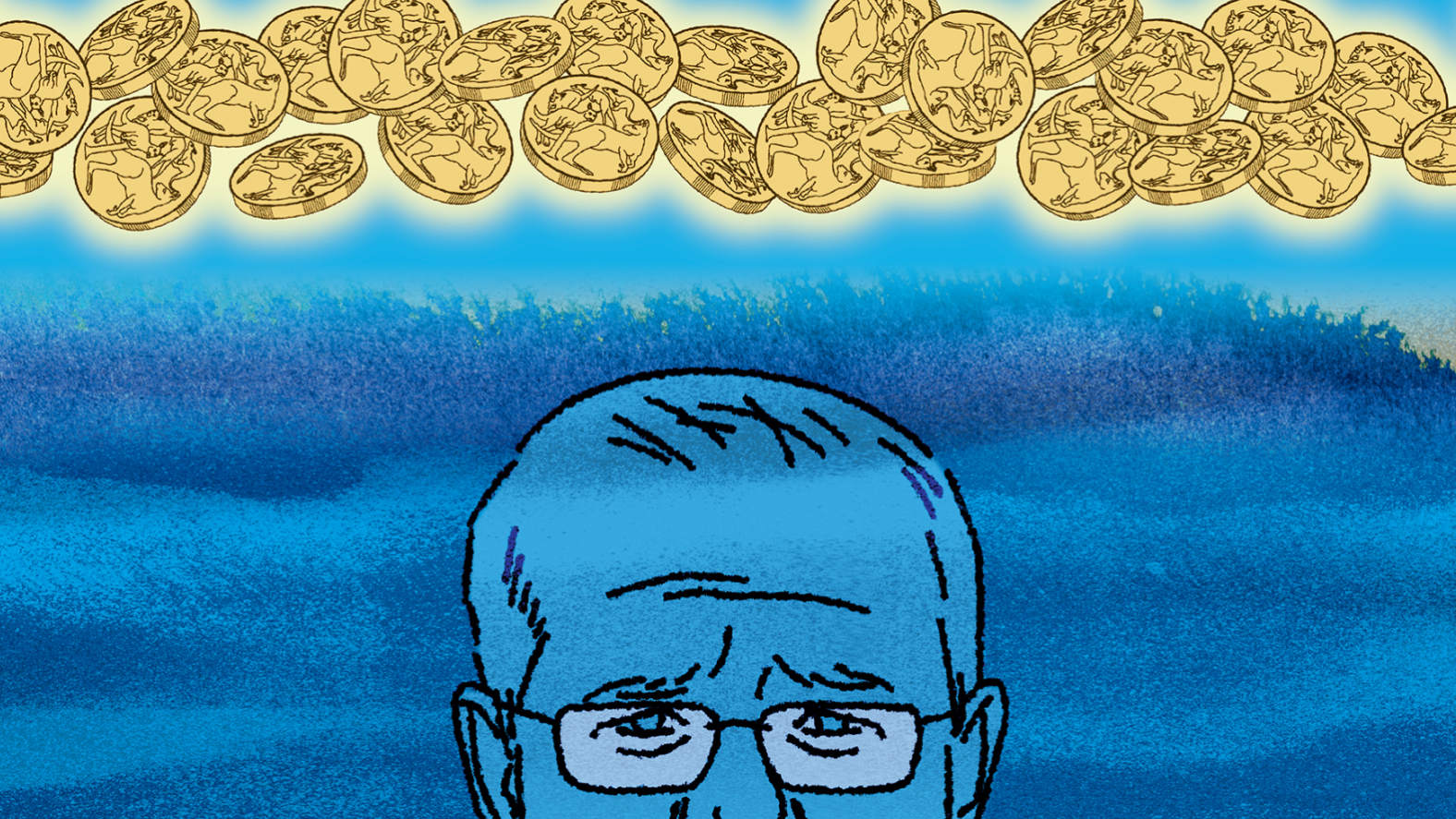Here’s a question for Liberal Party political strategists and the party’s enablers in the conservative media: what have the puerile culture wars got to do with the welfare of a centrist country and the interests of individual voters?
Prime Minister Scott Morrison with the people of the Guugu Yimithirr tribe at Reconciliation Rocks, Cooktown. Credit:AAP
The short answer is: not much.
Here we might fall back on a political cliche courtesy of James Carville, Bill Clinton’s political adviser in his 1992 presidential campaign.
“It's the economy, stupid.’’
Why Prime Minister Scott Morrison and his campaigning brains trust believe it makes sense to createbattlefronts on issues such as appropriate dress for Australia Day, or the sanctity of Australia Day itself, or citizenship ceremonies, or a celebration of Cook’s “circumnavigation’’ of the continent is beyond me.
The latter might be regarded in the same category as the search for Lasseter’s Reef: it doesn’t exist, or it didn’t happen. Cook did not sail around the country. That remarkable feat was achieved in 1801-03 by Matthew Flinders in the company of the Indigenous men Bungaree and Nanbaree.
If Morrison wants t
o make a unifying gesture he could do worse than fund a memorial statue to Flinders’ travelling companions.
First, however, he might release himself from a news cycle obsession – as in finding a superficially animating issue on a daily basis to fire up a mythical base that exists in the imagination of fervid right-wing commentators – and apply his campaigning attention to the economy.
This is the Coalition’s last best hope of avoiding an electoral drubbing, which may happen anyway. Put simply, people are fed up with politics as usual characterised by a political version of a cage fight.
In this regard, Australian political campaigning is increasingly derivative of American politicking in which Donald Trump managed to exploit his status as a political outsider in a war with the elites exemplified by an elitist Clinton dynasty.
Firing up the base becomes an end in itself.
As a member of the political elite himself, Morrison is hardly in a position to make the same pitch. Both the PM and his opponent, Bill Shorten, are political insiders marinaded in their respective party’s organisational wings.
Since assuming the prime ministership in August, Morrison has been all over the place in his efforts to find a campaigning sweet spot. Not only has he portrayed himself as an everyman, he has also been an everywhere man on almost any issue you care to nominate.
Illustration: Jim Pavlidis
On the conservative side of politics, one astute analyst is incredulous over a campaigning diversion deep into the culture wars.
“It’s like an angry man shouting at the clouds,’’ he tells me.
He makes the valid point that when the more rabid cultural warriors on the right seek to exploit so-called culture wars issues – weaponised in the tiresome phrases “political correctness’’, “identity politics’’, and “virtue signaling’’ – they are deflecting attention from the economy.
“You’re competing with yourself. This is only a limited market,’’ he says.
“The Coalition focus should be all about tax, tax, tax!’’
In this context, the government is making a mistake in allowing itself to be diverted from Labor’s tax proposals, including changes to negative gearing, capital gains and imputation credits.
Marketing these revenue-enhancing measures is posing a real challenge for Labor’s economic spokespeople. My bet is that proposed changes to the rate at which cash-back franking credits are taxed will be refined to ease the burden on the less well-off.
In all of this, Treasurer Josh Frydenberg should be given credit for trying to maintain his side of politics’ focus on an economic narrative.
However, despite his best efforts, a well-constructed speech on economic challenges facing the country delivered last week to the Sydney Institute was all but drowned out by diversionary culture wars issues.
Leaving aside obligatory politicking in the Frydenberg address in which Labor’s economic policy was portrayed as a "dark shadow, not a light on the hill", the Treasurer expressed legitimate and constructive concerns about "storm clouds hanging over the global economy".
"Persistent trade tensions, high global debt levels and a contraction in growth in several key economies have changed the global outlook," he said.
Chinese growth slowing to its lowest rate since 2009 represents a significant worry against a background of a marked deceleration in Australia’s own economy, according to the September quarter figures.
These showed that gross domestic product (GDP) grew by just 0.3 per cent in the three months to September. This is the weakest economic expansion in two years.
Frydenberg and Morrison will await the December quarter numbers out before the budget on April 2 with trepidation against a background of weak retail sales, a softening housing market and uncertainties over a slowing China’s appetite for commodities.
Another bad number will cast a "dark shadow" over the government’s electoral prospects unless you believe indifferent economic news works to the advantage of the side of politics given greater credit for prudent economic management.
For the Coalition, the economy, and the tax issue in particular, is its flickering “light on the hill’’. It would be doing itself a favour not to lose sight of the fact.

